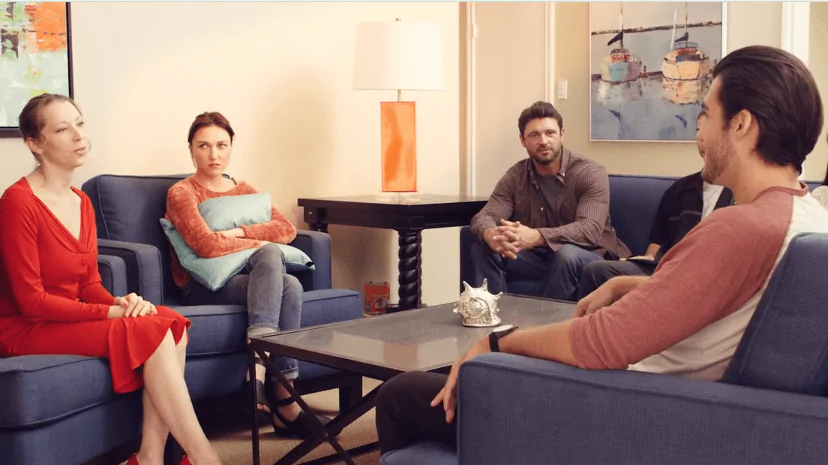24/7 Helpline:
(866) 899-111424/7 Helpline:
(866) 899-1114
Learn more about Opioid Rehab centers in Richland County

Palmetto Addiction Recovery Center
Palmetto Addiction Recovery Center is an accredited addiction treatment center in Rayville, Louisian...

Rayville Recovery
Rayville Recovery provides affordable drug and alcohol detox and rehabilitation options to residents...











Northeast Substance Abuse
Northeast Substance Abuse is a private rehab located in Rayville, Louisiana. Northeast Substance Abu...



















































Other Insurance Options

Optima

UnitedHealth Group

Oxford

Magellan Health

CareSource

Cigna

Excellus

Optum

EmblemHealth

Lucent

MVP Healthcare

American Behavioral

United Health Care

Regence

Providence

Multiplan

Health Partners

GEHA

Horizon Healthcare Service

ComPsych